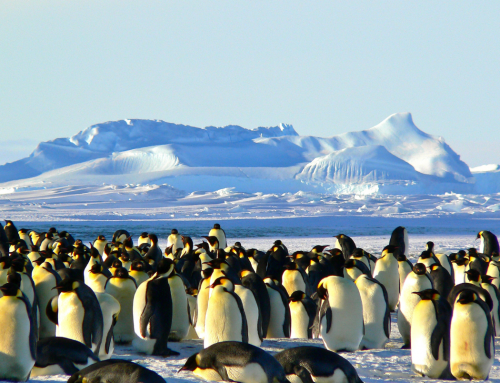As flames engulfed the Texas Panhandle in its worst wildfire on record, NPR’s coverage of the Smokehouse Creek wildfire1 zeroed in on the human toll, yet danced around the blazing truth: climate change (in this case an unusual wet winter, high temperatures and strong winds) fueled this inferno.23 The Texas panhandle is home to many cattle ranches and sadly NPR’s failure to mention climate change and animal agriculture as contributing factors of this catastrophic event isn’t just a slip-up in NPR’s playbook; it’s a symptom of a larger media blind spot.
Shockingly, the science reveals the astonishing truth about our climate goals: if we went fossil-fuel-free today but maintained our current food habits, we’re doomed to fail.
This glaring blindspot was exposed last year, in a groundbreaking study by Sentient Media and Faunalytics, researchers unearthed a startling reality: climate change discourse in the media sidelines the massive effect animal agriculture has in changing our climate. While we’re bombarded with talks of greening our energy and transportation sectors, the silent elephant—or rather, cow, pig, chicken, and fish—in the room remains the food on our plates.45
By tiptoeing around the subject of animal agriculture’s climate impact, mainstream media not only does a disservice to its audience but also imperils our planet. Shockingly, the science reveals the astonishing truth about our climate goals: if we went fossil-fuel-free today but maintained our current food habits, we’re doomed to fail.6 Conversely, even with our current fossil fuel addiction, transitioning to a plant-based diet alone could slam the brakes on climate change.7
This impact is “far bigger than cutting down on your flights or buying an electric car.”
Joseph Poore—lead author of Reducing food’s environmental impacts through producers and consumers
While solar panels and electric vehicles remain out of financial reach for many, the power to affordably slash the effects of climate change lies on our dinner plates. Swapping out animal products for plant-based alternatives isn’t just a dietary choice; it’s a climate game-changer. According to a pioneering study from Oxford University, embracing a plant-based lifestyle could shrink an American’s carbon footprint by a staggering 73%.8
The tale of the Smokehouse Creek Fire doesn’t end with charred landscapes and gut-wrenching losses. It poses a haunting question: should we allow the rebuilding of operations, like cattle ranching, that fuel environmental havoc? As calls for divestment from fossil fuels gain momentum, it’s high time we extend the same scrutiny to animal agriculture.
Conclusion
In confronting the climate crisis, we must bid adieu to business as usual. Media coverage must evolve to reflect the intricate web of environmental woes, urging us to reimagine our food systems and embrace sustainable solutions. It’s time to pull back the curtain on one of the main drivers of climate change: our dinner plates.


